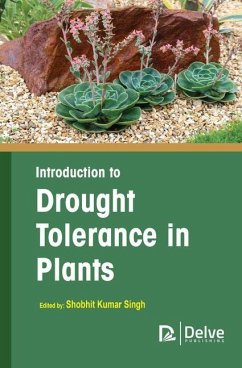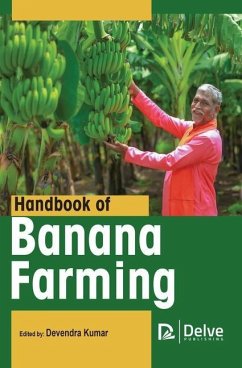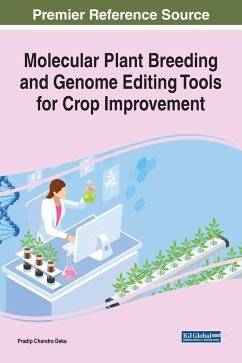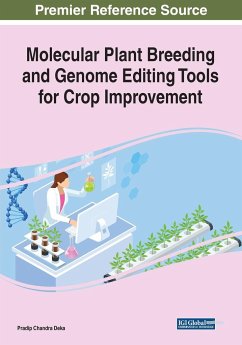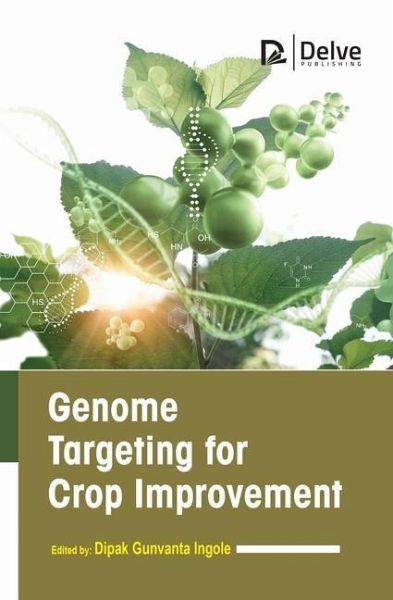
Genome Targeting for Crop Improvement
Versandkostenfrei!
Versandfertig in über 4 Wochen
164,99 €
inkl. MwSt.

PAYBACK Punkte
82 °P sammeln!
World population is growing exponentially and with changing climatic scenarios, food security is a concern that needs immediate attention. Increasing crop productivity from limited land and natural resources is a challenge for agricultural scientists across the world. The technique of gene targeting for targeted trait improvement in crop plants are helpful in eliminating the defects of otherwise elite varieties. Genetically modified crops are being introduced to the market due to their improved characteristics, which benefit agricultural communities. However, the GMOs face regulatory concerns ...
World population is growing exponentially and with changing climatic scenarios, food security is a concern that needs immediate attention. Increasing crop productivity from limited land and natural resources is a challenge for agricultural scientists across the world. The technique of gene targeting for targeted trait improvement in crop plants are helpful in eliminating the defects of otherwise elite varieties. Genetically modified crops are being introduced to the market due to their improved characteristics, which benefit agricultural communities. However, the GMOs face regulatory concerns for field trials and commercialization due to the presence of foreign genes. Gene editing has aided us in modifying DNA sequences in order to create superior qualities. Molecular scissors, such as sequence specific nucleases, are commonly utilized to optimize gene editing operations. With the introduction of the CRISPR-Cas method, the gene editing process in plants has accelerated, paving the way for the modulation of non-model plants that are beneficial to the global population. Transformation strategies have been demonstrated to improve the quality of plant yields. Plant biotechnology has resulted in the development of various herbicide and pesticide resistant plant varieties, which are critical in modern agriculture. They can significantly lower the cost of insecticides and herbicides, so benefiting farmers. Climate change has necessitated various adjustments to the plant genome in order to save people from starvation worldwide, a challenge that is being addressed through the introduction of gene editing tools. This book sheds light on a variety of areas of gene targeting, with a particular emphasis on crops farmed throughout the world. This book is appropriate for any student interested in learning about gene editing and its significance in crop development.



